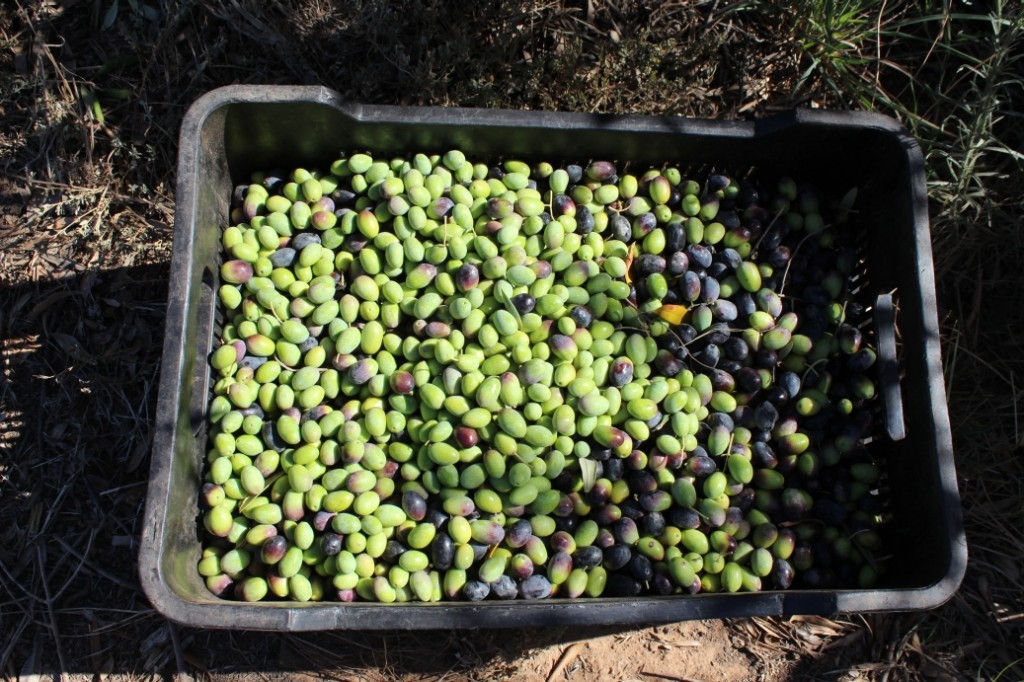Tunisian olive oil producers are elated with their recent crop yields and are experiencing record harvests. With the olive oil crisis reported earlier this year in Spain and Italy, there is huge international demand for olive oil which Tunisia is now able to take advantage of and aims to boost their global competitive status.
According to the International Olive Council (IOC), Tunisian olive oil production is expected to reach 220,000 tons this year, an increase of 160 percent.

Tunisia is an African country which lies on the northern coast of Africa. Although Tunisia contains the eastern end of the Atlas Mountains and the northern reaches of the Sahara desert, much of the rest of the country’s land is fertile soil. This fertile land is proving to be very beneficial to Tunisian olive growers as well as for their otherwise weakening economy.
The country’s economy has suffered since the turmoil of the 2011 revolution that ended the 23-year rule of Zine el-Abidine Ben Ali. The hope that Tunisians held for the improvement of their economy has been subdued by this year’s attacks on foreign tourists and according to Khayam Turki, head of Joussour, “Nobody wants to invest a single dinar in anything.” While they don’t know the exact figures of the impact of the attacks, Khayam Turki said, “We can definitely feel a sort of economic nervous breakdown.”
Even so, he said, the record olive harvest had boosted morale, especially in the countryside, where poverty and unemployment are high. “There is a psychological effect, especially for rural populations in the south who are important for national stability,” he says.
Previously Tunisian olive oil as a brand hasn’t received much recognition, with 75 percent of their olive oil being exported to Italy and Spain where it is then mixed with other oils and bottled and marketed.
Earlier this year the annual export quota for olive oil from Tunisia to the European Union (EU) was increased by 25,000 tons. Due to huge losses suffered by Italy and Spain with regards to the poor yield from their last olive crops, it is understandable that there is a need to adjust the export quota. Previously, olive oil exports from Tunisia to the EU were subject to an annual quota of 56,700 tons, with the new quota bringing this to a total of 81,700 tons per year.
Despite the expansion in export, Tunisia now aims to put a focus on their own branded products, with a move towards better quality olive oils in an effort to transform their industry from that of a bulk exporter to a leading producer of their own branded olive oil.
Sources:
http://www.oliveoiltimes.com/olive-oil-business/africa-middle-east/tunisia-morocco-move-from-bulk-to-branded/48779
http://www.oliveoiltimes.com/olive-oil-business/africa-middle-east/increase-tunisia-export-quota/48417
http://www.ft.com/cms/s/0/05acfeae-4001-11e5-b98b-87c7270955cf.html#axzz3mGPikLnJ
- London International Olive oil Competitions 2018 - December 15, 2017
- 3 Chocolate & Olive Oil Recipes For Heart Health - December 8, 2017
- 10 Awesome Local Olive Oil Packaging Designs - November 24, 2017
